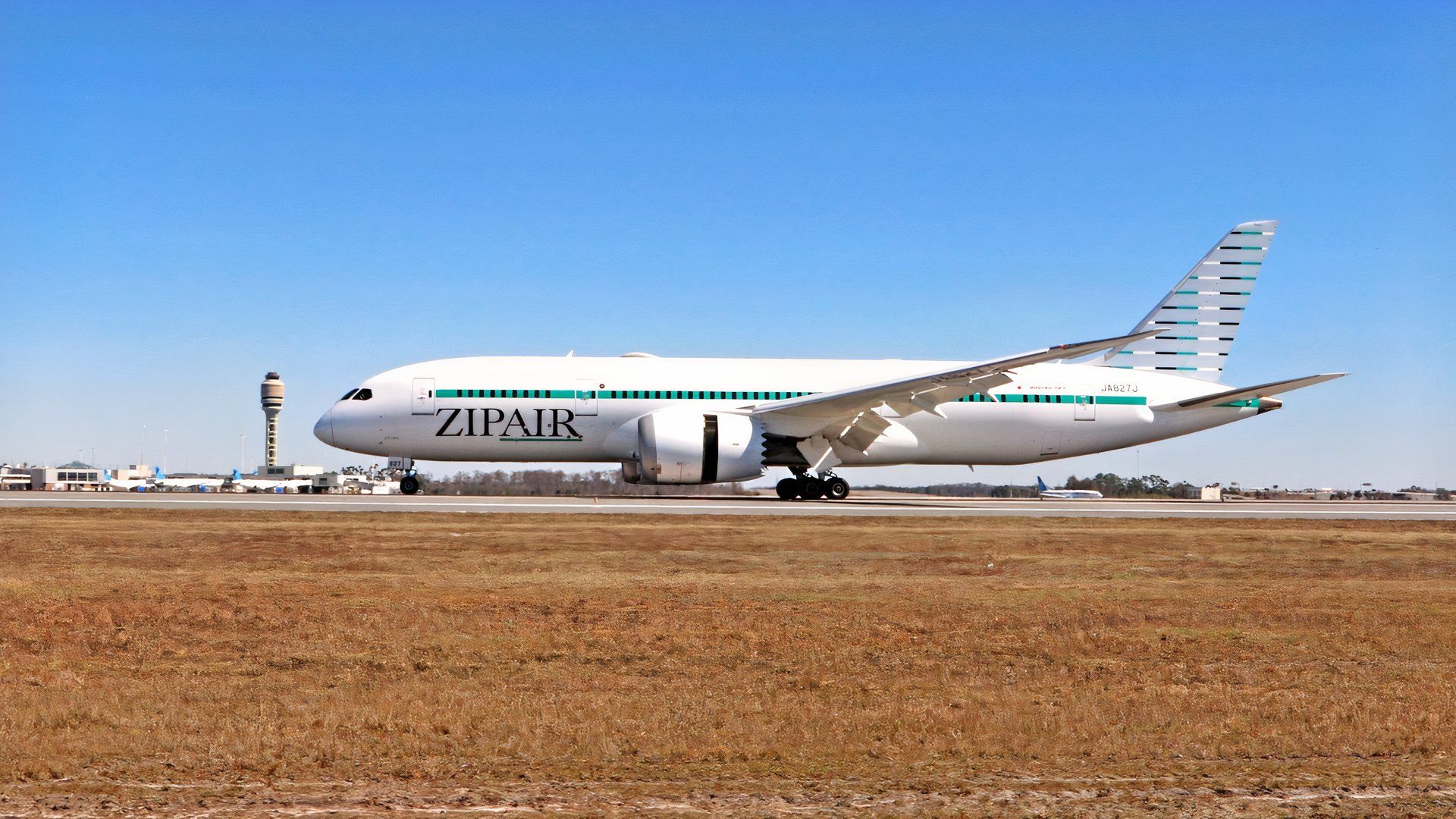
People ride on motorcycle taxis on the street in Bissau, Guinea-Bissau, Wednesday, Nov. 26, 2025. (AP Photo/Darcicio Barbosa)
In a dramatic turn of events following Guinea-Bissau’s presidential election, the main opposition candidate, Fernando Dias, has claimed victory and accused the current president, Umaro Sissoco Embaló, of staging a coup to manipulate the election results. Dias asserted these allegations in a video statement released late on Wednesday, following the military’s reported takeover and Embaló’s arrest.
Election Tensions Escalate
The presidential election, held this week, was closely contested and has sparked significant unrest. Dias, a member of the Social Renewal Party, stated that the military’s actions were a coordinated effort to disrupt the expected announcement of election results. He described the coup as “fabricated,” echoing sentiments expressed by various civil society groups. The situation escalated as military officers appeared on state television, declaring they had seized power due to a purported plan to falsify electoral results.
According to Dias, the opposition African Party for the Independence of Guinea and Cape Verde was barred from participating in the election. The party’s leader, Domingos Simões Pereira, a former Prime Minister and runner-up in the 2019 election, voiced his support for Dias and urged citizens to protest against the military coup while demanding transparency in the electoral process.
Despite these tensions, the capital city of Bissau showed signs of normalcy on Thursday morning, with businesses and public transport gradually resuming operations. Observers noted that the response from residents was subdued, contrasting with the accusations of a coup.
Historical Context of Political Instability
Guinea-Bissau, home to approximately 2.2 million people, has a troubled history marked by coups and political instability since gaining independence from Portugal over 50 years ago. The country has gained notoriety as a significant hub for drug trafficking, which experts suggest exacerbates its political crises. The recent unrest follows an attempted coup in October, highlighting ongoing vulnerabilities within the nation’s political landscape.
Following the election, gunfire was reported in Bissau, raising fears of escalating violence. Embaló, who sought a rare second term, claimed in an interview with French media that he had been arrested and that the election commission’s office had been sealed. In his response, Dias stated that he narrowly escaped custody, asserting his commitment to resist the military’s actions.
“Umaro lost the elections, and instead of accepting the result, he fabricated a coup d’état,” Dias declared, emphasizing the opposition’s determination to fight back against perceived injustices.
As the political situation unfolds, military spokesperson Dinis N’Tchama alleged that the coup was a response to an “ongoing plan to manipulate electoral results” involving a notorious drug lord and various national and foreign actors. This claim adds another layer of complexity to an already fraught political environment.
The attempt to seize power has drawn condemnation from multiple international bodies, with the United Nations expressing deep concern and monitoring the situation closely. Observers emphasize that the unfolding events in Guinea-Bissau reflect a broader trend of military interventions in West Africa, where democratic processes have been increasingly challenged by contested elections.
The coming days will be critical as the international community watches closely for any developments in Guinea-Bissau and the potential implications for its citizens caught in the crossfire of political ambition and instability.






